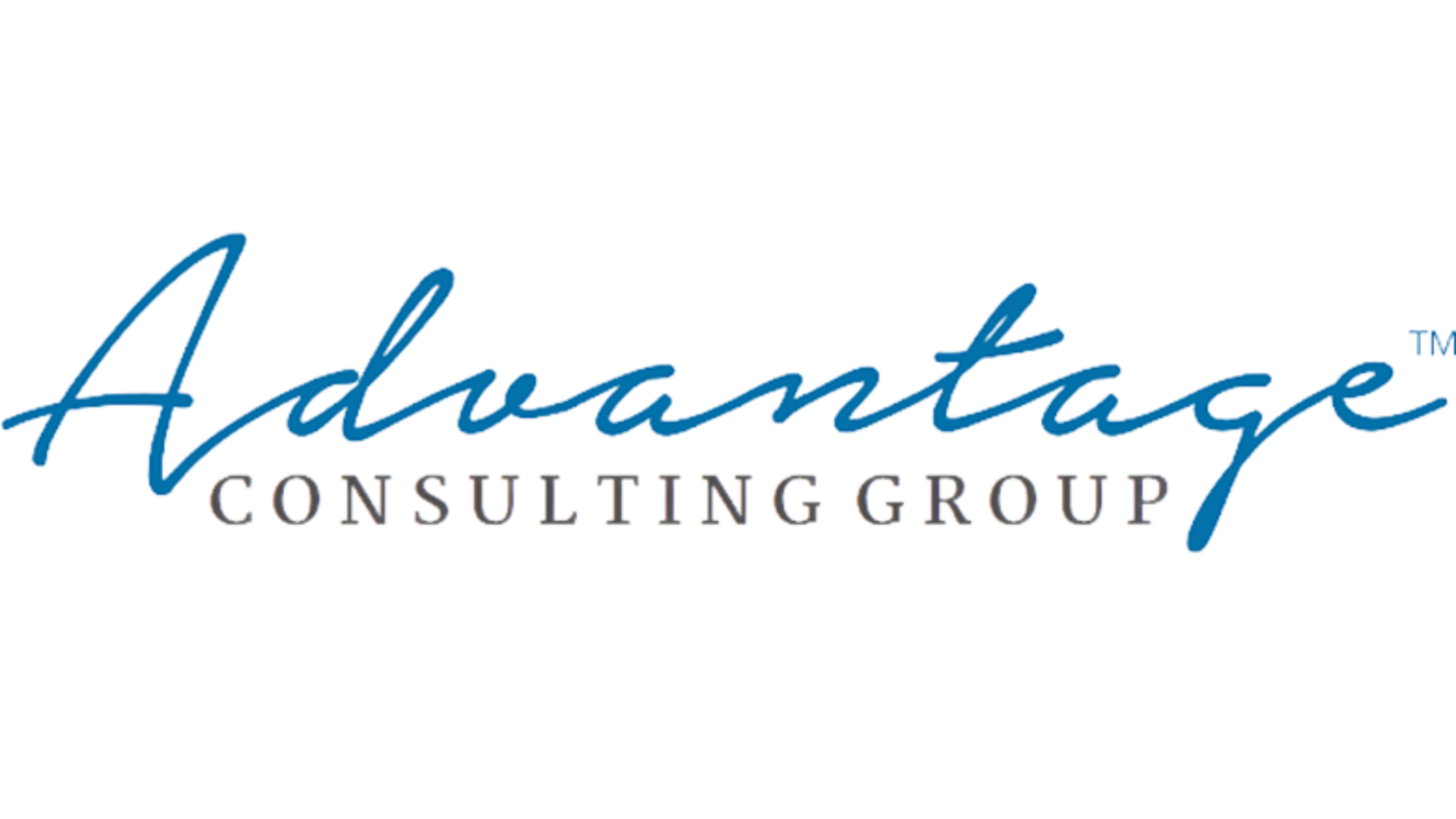In today's fast-paced and ever-evolving business world, the role of Human Resources (HR) has undergone a significant transformation. The traditional image of HR as a predominantly administrative function is quickly fading away, making room for a dynamic and strategic discipline that drives organizational success.
As the demands on businesses and their employees continue to evolve, HR professionals find themselves at the forefront of change, facing new challenges and opportunities. Let’s explore the changing landscape of HR, the essential skills for future HR professionals, and the qualifications that will pave the way to success.
The Changing Landscape of HR:
The HR industry is experiencing a profound shift, driven by advancements in technology, globalization, and changing workforce dynamics. Today, HR professionals are expected to go beyond transactional tasks and become strategic partners, playing a crucial role in shaping the direction of their organizations. The traditional HR function has expanded to encompass talent management, employee engagement, organizational culture, and strategic workforce planning. Furthermore, the digital revolution has given rise to new challenges in areas such as remote work, virtual collaboration, and data-driven decision-making.
Skills for the Future:
To thrive in this rapidly evolving landscape, HR professionals must possess a diverse set of skills. Here are some of the key skills that will be instrumental in their success:
Change Management: As organizations adapt to external and internal shifts, HR professionals must become adept at leading and managing change initiatives, ensuring a smooth transition for employees.
Risk Management: HR professionals need to proactively identify and mitigate risks related to compliance, employee relations, and reputation management, while promoting a culture of ethics and integrity.
People Analytics: Leveraging data and analytics to make informed decisions about talent acquisition, retention, and development is becoming increasingly essential. HR professionals must possess a strong understanding of data analysis and interpretation.
Stakeholder Management: Building effective relationships with key stakeholders, including executives, managers, and employees, is vital for HR professionals to influence decision-making and drive organizational success.
Ethics and Data Privacy: With the growing emphasis on data privacy and ethical practices, HR professionals must have a strong grasp of legal and compliance frameworks, ensuring the protection of employee data and maintaining trust.
Critical and Systems Thinking: HR professionals need to think critically and holistically, understanding how HR initiatives align with the broader organizational strategy and how they impact the overall employee experience.
Negotiation Skills: Effective negotiation skills enable HR professionals to advocate for the best interests of employees while balancing the needs of the organization, fostering collaboration and achieving mutually beneficial outcomes.
Inter-departmental Collaboration: Collaboration across departments, such as Finance, Marketing, and Operations, is becoming increasingly important. HR professionals must be able to work effectively in cross-functional teams to drive organizational objectives.
Resilience and being SAFE (Sensitive, Adaptable, Flexible, Empathetic): The ability to adapt to change, display empathy, and maintain emotional intelligence in challenging situations is crucial for HR professionals who navigate complex and diverse work environments.
Project Management and Organizational Design: As HR takes on a more strategic role, project management skills and the ability to design and implement organizational structures that support business objectives are invaluable.
Qualifications for Success:
While experience and on-the-job learning are essential, having the right qualifications can give HR professionals a competitive edge. A solid education focused on human resources, organizational development, or business equips individuals with a comprehensive understanding of HR principles, strategic thinking, and best practices. Pursuing certifications, such as the Professional in Human Resources (PHR) or the Society for Human Resource Management Certified Professional (SHRM-CP), further demonstrates a commitment to professional growth and expertise.
Leveraging AI in Human Resources
The use of artificial intelligence (AI) has led to a variety of positive outcomes in human resources (HR) departments. AI helps HR professionals stay on top of trends, understand employee sentiment, streamline the acquisition of talent, and detect indications of dissatisfaction or imminent departure. AI enables HR teams to extract insights from data and give recommendations in real-time. AI also removes many of the common human biases and inconsistencies in a function that is as sensitive and crucial as Human Capital Management.
The HR industry is undergoing a significant transformation, and HR professionals must adapt to the changing landscape. Coupled with the right qualifications, HR professionals can position themselves as strategic partners, driving organizational growth and ensuring the well-being and success of their employees. Embracing these skills and qualifications will empower HR professionals to navigate the dynamic challenges and seize the opportunities of the evolving HR landscape.
Whether you're looking to re-enter the workforce or leave your current position, the excitement of a new career is often put aside by the daunting task of job searching.

